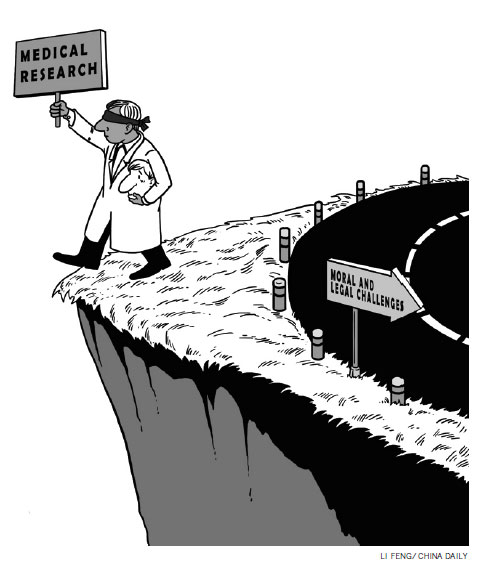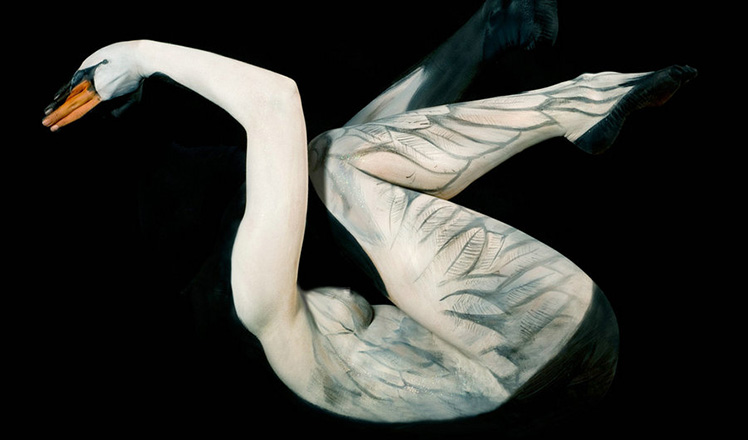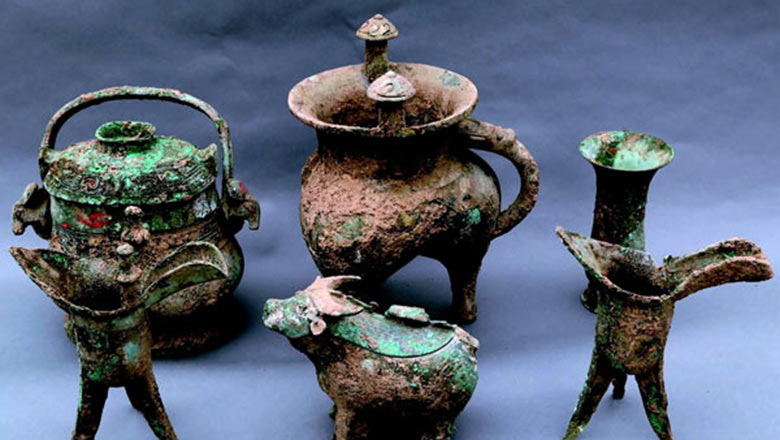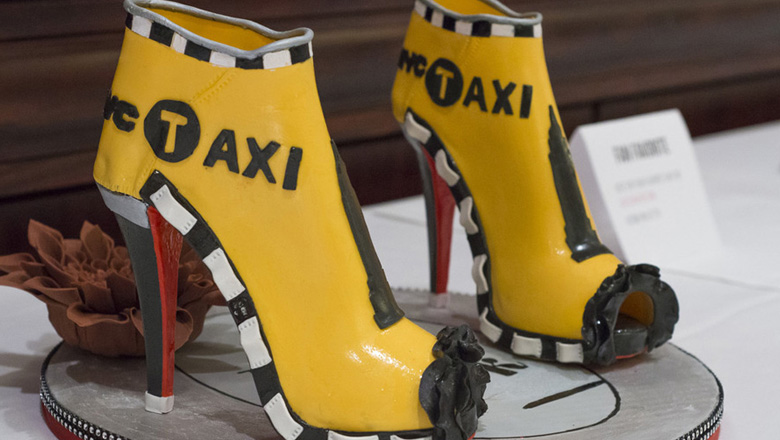Head transplants raise legal and ethical questions
Updated: 2016-05-19 08:47
By Wang Lin(China Daily USA)
|
||||||||
Sergio Canavero, an Italian doctor well-known for advocating head transplants, recently told the media that the first head transplant will be done in China by the end of 2017.
He said, the Chinese medical team is familiar with the relevant techniques and the first patient to undergo such an operation will be Chinese.
We are not sure whether the surgery is as mature as he suggests and whether a head transplant would succeed. But before such a transplant is attempted there are legal and ethical questions to be considered.
Currently there has been no successful head transplant involving animals. Therefore would the operation to transplant a human head be an experiment? If so, is such an experiment legal and ethical?
More importantly, if most medical professionals strongly oppose such an operation but the doctor still insists on doing it, and the patient dies, what responsibility will the doctor bear?
Many argue that the law should be more tolerant of medical developments and experiments are needed to realize medical progress. However, the slightest error would likely lead to the death of the patient. Canavero did not say what he thought the odds were for success and no medical association supports his experiment. Sometimes science advances at the cost of human lives, but that does not mean sacrificing patients in pursuit of glory.
Another problem is the legal aspects of such an operation: Where will the body used for the operation come from? There are not enough organs for transplant operations. To transplant a whole body, they need to find a dead person within hours even minutes after his death, and make sure all his organs are healthy and not damaged. To find a body donor and successfully get the donated body will be a great deal harder than finding an organ donor and successfully getting the donated organ.
Even if some healthy person promises to donate his or her body after their death, and even if the surgical operation succeeds and the donated body and the transplanted head combine into a new person that only raises more issues. Who is the new person? What is his or her legal identity, the head owner or the body donor?
More importantly, do the relationships of either person, such as marriage and blood relationship, continue? Does the body necessarily "belong to" the head?
An obvious issue is, whatever the new person's legal identity is, he or she cannot have two spouses at the same time. A bigger challenge is, his or her previous spouse and family might not accept the new person.
Reports say that the initial candidate for Canavero's head transplant operation is Valery Spiridinov, a Russian scientist who has Werdnig-Hoffman disease, a rare genetic disease that gradually wastes away muscles. He hopes to get the chance of living in a healthy body through a transplant. We applaud his pursuit of a better life, but think there is an ethical problem with the way he hopes to achieve this.
The ethical problems are so big that even Professor Ren Xiaoping from Harbin Medical University in northeastern China's Heilongjiang province, who is said to be the main co-worker of Canavero in China, said they must solve the ethical problems first. Such a program must be regulated by law, he also said.
Actually, there are ethical problems with many other medical technologies, too, such as human assisted reproductive technology, namely human clones or surrogate births. Such technologies are maturing but they might pose threats to what makes us humans. That's why we hold a relatively conservative view on them. The same applies to head transplants and it might take a much longer time for the public to accept them than for the doctors to succeed in doing one.
The author is an associate professor of law at Hainan University.

(China Daily USA 05/19/2016 page12)
- Russia to build first cruise liner in 60 years
- LinkedIn, Airbnb match refugees with jobs, disaster survivors with rooms
- Duterte 'willing to improve ties' with Beijing
- Canadian PM to introduce transgender rights bill
- Hillary Clinton says her husband not to serve in her cabinet
- New York cake show designs fool your eyes

 Highlights at Google I/O developers conference
Highlights at Google I/O developers conference
 Nation celebrates International Museum Day
Nation celebrates International Museum Day
 Body brushwork creates vivid animals
Body brushwork creates vivid animals
 Can you still recognize these cities?
Can you still recognize these cities?
 A private museum owner's devotion to cultural protection
A private museum owner's devotion to cultural protection
 China's top 10 archaeological discoveries
China's top 10 archaeological discoveries
 Apple's CEO Tim Cook's eight visits to China in four years
Apple's CEO Tim Cook's eight visits to China in four years
 Annual New York cake show designs fool your eyes
Annual New York cake show designs fool your eyes
Most Viewed
Editor's Picks

|

|

|

|

|

|
Today's Top News
Liang avoids jail in shooting death
China's finance minister addresses ratings downgrade
Duke alumni visit Chinese Embassy
Marriott unlikely to top Anbang offer for Starwood: Observers
Chinese biopharma debuts on Nasdaq
What ends Jeb Bush's White House hopes
Investigation for Nicolas's campaign
Will US-ASEAN meeting be good for region?
US Weekly

|

|